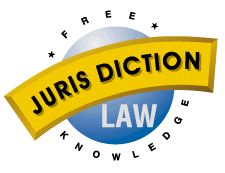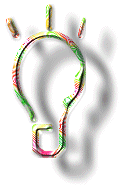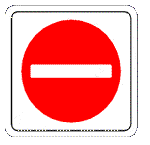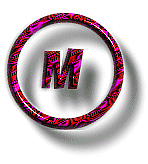Patents
Software Related Patents
The Republic of China (Taiwan) Patent Law does not specifically deal with the
patentability of computer software inventions. Article 21, item 3 which excludes
"scientific principles or mathematical theorems" and item 5 which excludes
"other methods or plans which can only be implemented by means of human reasoning or
memory" are usually cited by the Patent Office as they prohibit from patentable
subject matter.
According to the Manual of Patent Examination Procedures ("MPEP") published
in May 1991, software is proper subject matter if it uses the characteristic features or
structure of a hardware device as an integral part of the claimed invention. Patentable
software related claims may involve:
1) a controllable hardware device or a method which can effectively utilize such a
hardware device; or
2) an apparatus utilizing computer functions as an integral part of the claimed
invention.
The MPEP is currently being amended and the National Bureau of Standards (Patent and
Trademark Office) is considering relaxing the current patent examination criteria on
software related inventions to adapt to the international trend.
There is no case law that deals specifically with the patentability of software.
Trade-Marks
Copyright
Hacker Prosecution Dismissed James C. Chao, Tsai & Lee Newsletter (December 1997)
The hacker prosecution as reported in our February, 1997 TIPS was
dismissed by the court because the complainer, an Epson affiliate in Taiwan
(“Epson”), has no standing to file a complaint to the prosecutors’ office.
As reported in our previous TIPS, a former Epson employee allegedly
entered Epson's database during 1994 and 1995 through the equipment of his new employer
using the Epson superuser account number and password that he obtained during his
employment with Epson. He then made some changes to two programs. Epson used the database
as changed to design a chip and found the chip thus designed unusable. He was prosecuted
for infringing Epson’s right of integrity, a moral right, an offense punishable for
up to two years in prison plus a fine up to NT$1,000,000 (approximately US$31,250).
The court dismissed the prosecution holding that the alleged offense is
actionable only upon a complaint by a person who has standing, i.e., the moral right
holder. In that case, the Japanese engineer that designed the IC layout library holds the
right. The court also held that such moral right is not assignable.
Trade Secrets
Industrial Designs
Chip Protection
Information Technology
Biotechnology
Firms
Tsai, Lee & Chen
JurisDiction
World Headquarters: 7 Thorncrest Road, Toronto, Ontario, Canada M9A 1R8
tel. & fax: 416-232-9529
If you have any comments, please contact us at: dcameron@idirect.com
Juris Diction logo design by Inter Access Information Design



![]()

![]()


![]()
